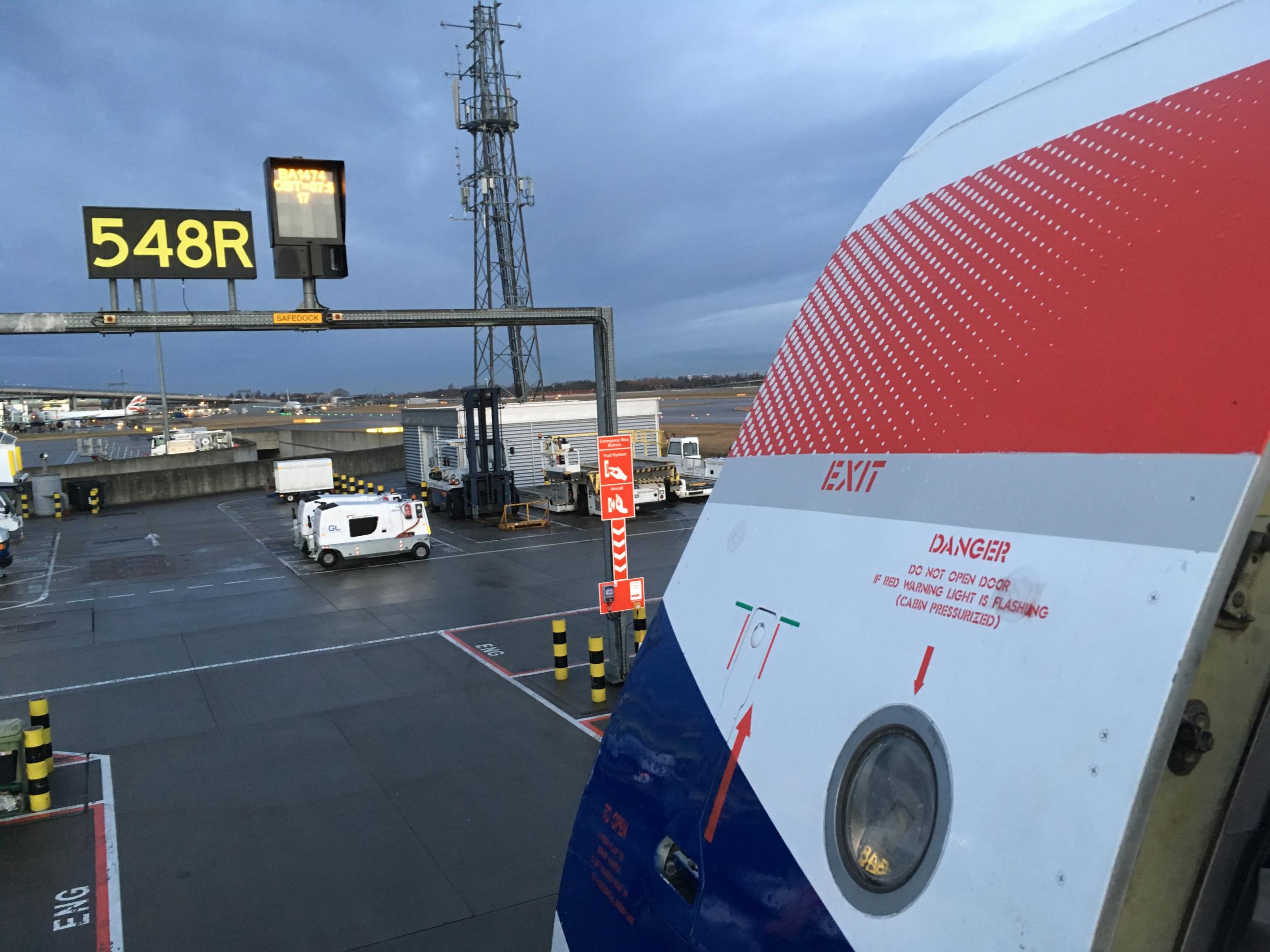Travel firms line up to attack Philip Hammond
‘A dull and uninspiring budget from a dull and uninspiring Chancellor’ - IAG

Your support helps us to tell the story
From reproductive rights to climate change to Big Tech, The Independent is on the ground when the story is developing. Whether it's investigating the financials of Elon Musk's pro-Trump PAC or producing our latest documentary, 'The A Word', which shines a light on the American women fighting for reproductive rights, we know how important it is to parse out the facts from the messaging.
At such a critical moment in US history, we need reporters on the ground. Your donation allows us to keep sending journalists to speak to both sides of the story.
The Independent is trusted by Americans across the entire political spectrum. And unlike many other quality news outlets, we choose not to lock Americans out of our reporting and analysis with paywalls. We believe quality journalism should be available to everyone, paid for by those who can afford it.
Your support makes all the difference.British Airways’ parent company, IAG, has made an unprecedented personal attack on the Chancellor, calling Philip Hammond “dull and uninspiring” after he failed to cut aviation tax.
The rebuke is the most extreme reaction from an airline industry angry that its calls for a reduction in Air Passenger Duty (APD) have been ignored.
The Chancellor told the Commons: “From April 2019, I will again freeze short-haul Air Passenger Duty rates and I will also freeze long-haul economy rates. Paid for by an increase on Premium class tickets, and on private jets.”
APD for short-haul flights has been frozen since 2012 at £13 for each flight from a UK airport, or £26 for premium classes. It will remain at those levels until 2020 at the earliest.
But in April 2018, APD for intercontinental trips will rise by £3 to £78 — or £156 in premium economy, business or first class. And a year later, the premium APD goes up 10 per cent to £172. Private jet passengers, who currently pay £450, will see a rise of 14 per cent to £515 over the next 18 months.
IAG, which also includes Iberia of Spain and Aer Lingus, issued its scathing statement after Mr Hammond sat down.
“The Chancellor has said that the Government ‘wants to keep taxes low’ but Air Passenger Duty, which is by far the highest aviation tax in the world, will increase next year by 4 per cent,” the firm said.
“At a time when the country is looking to the Government for confidence and encouragement we get a dull and uninspiring budget from a dull and uninspiring Chancellor.
“If this tax continues, the UK will struggle to compete on the global stage, post Brexit.”
American Express Global Business Travel also criticised the decision. Jason Geall, Vice-President for Northern Europe, said the firm was “extremely disappointed” by the increase in what it called “a stealth tax on trade”.
“On one hand the government talks about forging new trade relationships with non-EU marketplaces, while on the other it increases the cost for businesses to travel and trade," he said.
“This is a massively shortsighted decision made by a Chancellor who purports to be pro-business. Much has been said about the post-Brexit UK being an outward-facing, export-led economy; but these words must be matched by action on airport expansion in the South East, improving transport links to regional airports and the removal of APD.”
Airlines UK, representing British carriers, dismissed the APD changes as “sleight of hand”. The body’s chief executive, Tim Alderslade, said: “The total tax take from APD is not being cut – currently at £3.3 billion, it will hit £4 billion a year in 2022/23 and remains the highest in the world.”
He said the sharp premium-rate increase “threatens the viability of some long-haul services that rely on non-economy class passengers”.
Flybe, which is particularly susceptible to the tax because so many links are domestic, said: “Reducing APD and supporting domestic aviation would have been in line with the Government's stated aim of spreading economic growth more evenly across the UK. This is sadly another missed opportunity to act.”
Since it was introduced 22 years ago by the then-Chancellor, Ken Clarke, Air Passenger Duty has proved extremely popular. It costs almost nothing to collect, since the airlines are obliged to keep count of passengers starting air journeys in the UK, and then write the appropriate cheque, and it is nigh-impossible to evade. And around half the people who pay it do not vote in the UK; they are foreigners who have to stump up to leave Britain.
Join our commenting forum
Join thought-provoking conversations, follow other Independent readers and see their replies
0Comments